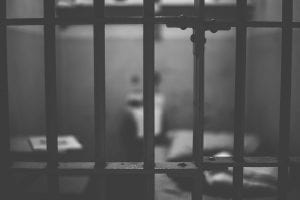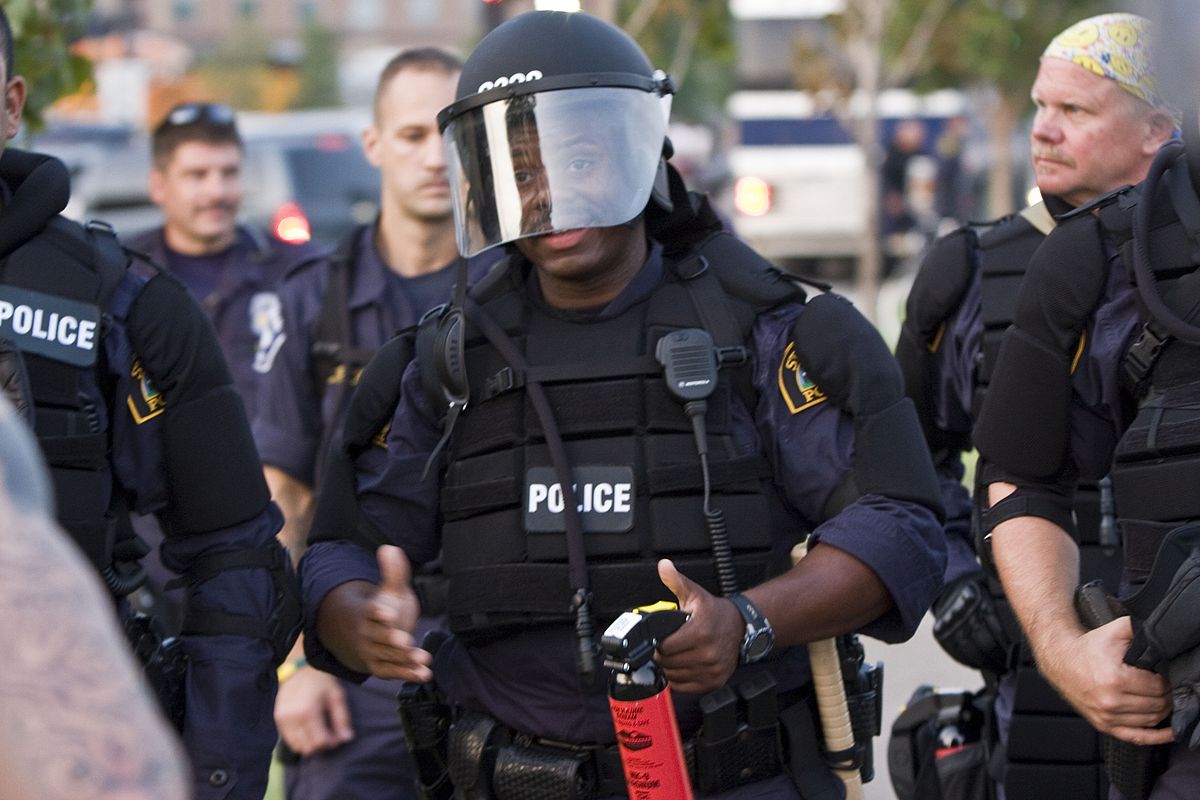Tyrone Briggs, 29, died hours after being pepper sprayed in a Pennsylvania prison. His family says that Briggs, an asthmatic, was not provided proper treatment.
The Pennsylvania Department of Corrections will pay an estimated $8.5 million to the family of a Philadelphia man who died after being pepper sprayed in a state prison.
According to The Pittsburgh Post-Gazette, settlement papers were submitted to a federal court in Western Pennsylvania on Tuesday. The agreement includes funds for Briggs’s family, as well as promises to reform aspects of the state’s prison system.
The Philadelphia Inquirer reports that the settlement is the largest-ever for a state prison death in Pennsylvania.
Briggs died in November 2019 after ingesting pepper spray. While some thirteen Department of Corrections personnel were suspended in the immediate aftermath of Briggs’s death, an agency spokesperson said that subsequent personnel actions are “not public information.”
However, Corrections Press Secretary Maria Bivens said say that “involved security and medical staff members received discipline up to and including termination.”
The lawsuit, adds the Post-Gazette, was filed by the family of 29-year old Tyrone Briggs, one of a half-dozen men to have been killed by pepper spray in the past two years.

Briggs was a diagnosed asthmatic, and his family believes his life was needlessly imperiled by a corrections officer’s use of pepper spray.
But since pepper spray is often seen as a non-lethal control apparatus, its use is widespread both in law enforcement and correctional facilities.
Robert “Saleem” Holbrook, executive director of the Abolitionist Law Center, told the Inquirer that pepper spray use is so common it is practically routine.
“It became routine, not just to break up fights but someone refusing to go into their cell, refusing to get off the phone […] people with mental-health [sic] issues demanding medication,” Holbrook said. “It is now the go-to tool of guards now they have it in their possession [sic].”
However, Bivens says that the use of pepper spray and other types of supposedly non-lethal force “are always viewed as serious matters within a correctional setting and are constantly reviewed to see if the use was appropriate or if a lesser use of force could have been applied.”
“[Peppery spray],” Bivens said, “Is typically less harmful than some other applications of physical force.”
Briggs, says The Philadelphia Inquirer, was 15 years old when he was sentenced to serve between 15 and 30 years in state prison; he had been convicted of raping a teenage girl at gunpoint.
Briggs, claims his family’s lawsuit, had been attacked by another man when an officer try to intervene, using cans of pepper spray to separate the two inmates.
However, the officer allegedly deployed large amounts of pepper spray, rather than the short bursts recommended by the Department of Corrections.
One stream of pepper spray was purportedly directly at Briggs’s face, even after he was already restrained and on the ground.
After Briggs said he could not breathe, he was taken to an infirmary. He was treated for half an hour and given an inhaler. Then, he was walked to solitary confinement, where he was later found dead.
As part of its settlement with the Briggs family, the Pennsylvania Department of Corrections has promised to rework its pepper spray protocols. Abolitionist Law Center attorney Bret Grote told the Post-Gazette that corrections officers will receive further training on how pepper spray affects people with respiratory conditions. Furthermore, anyone who has a respiratory condition and is pepper sprayed will have their oxygen levels measured and reviewed by the chief medical official on duty.
Sources
$8.5 settlement reached in death of Pa. asthmatic prison inmate
Pa. prisons pledge reform and agree to pay $8.5 million after Philly man died from pepper spray


Join the conversation!